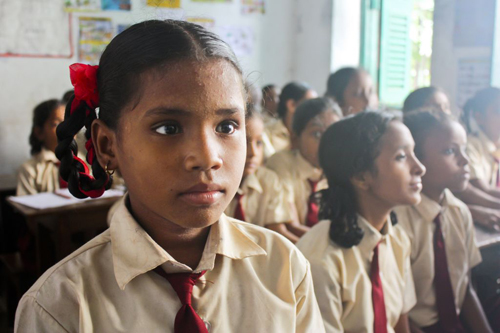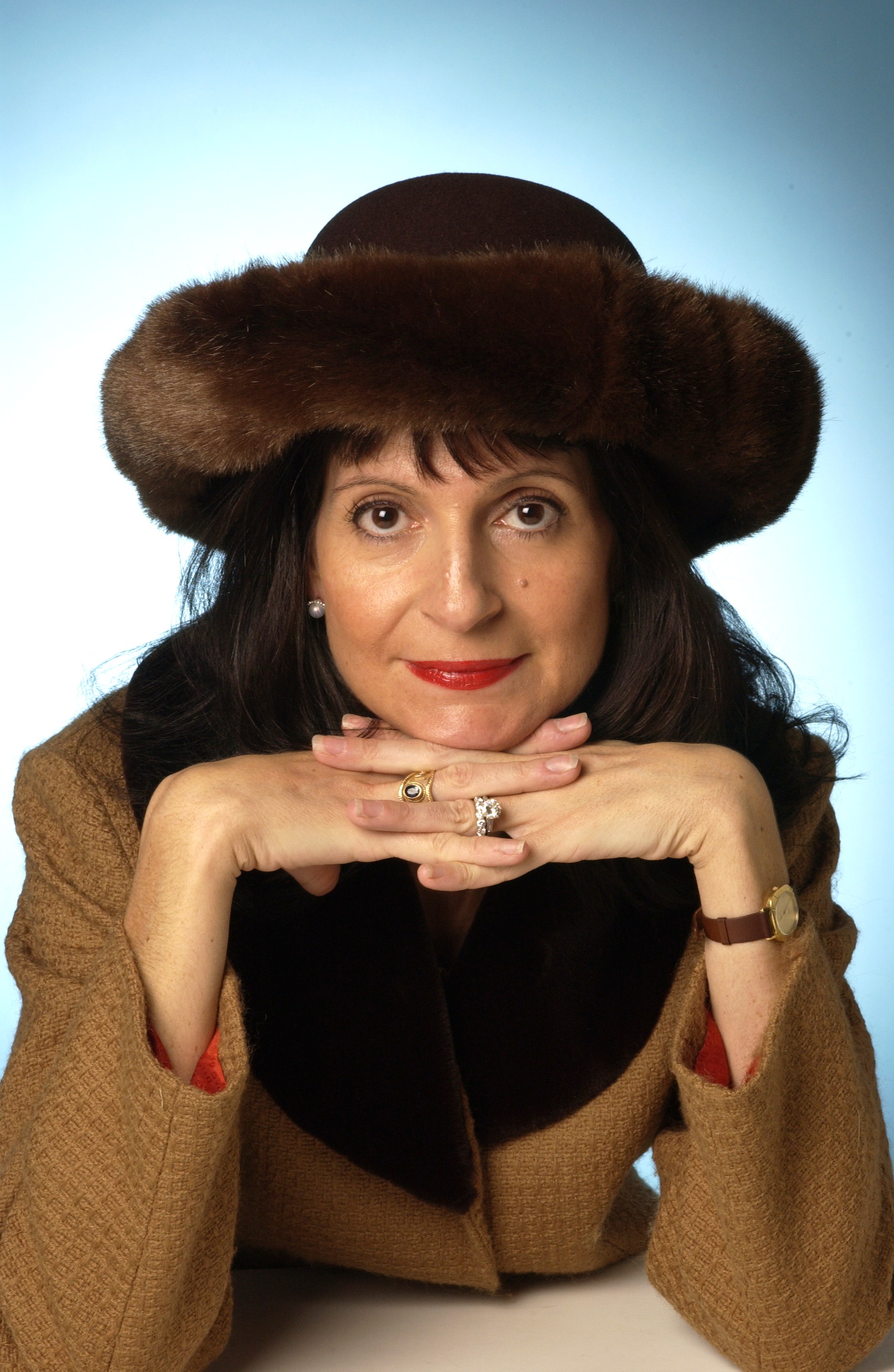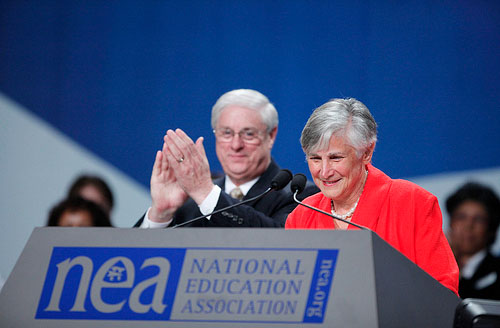What students want — and what world leaders can and must do better!
Mark this day with a white stone — Julho 12, 2013. The venue: As Nações Unidas. The Event: Malala Yousafzai, the fearless education rights campaigner from Pakistan shot by extremists on her way to school, takes center stage to celebrate her birthday and together with her fellow student campaigners, leads us in a global discussion of the world’s major education issues. The birthday wish: That all diplomats in the audience use this celebration for renewal of their commitment and match their rhetoric for education reform with real actions in each of their own countries. All countries can and must do more to help the world’s children achieve a relevant, quality 21st century education. Let me share some of my reflections from listening to voices around the world on the diverse and contrasting education issues nations face today.
Education is the greatest armament in the battle on poverty, doença, brutality and prejudice. Providing education for children in the emerging markets is both vital and relatively cheap. Assim, starting today, what more can we do to get 31 million girls and 26 million boys into school and achieve the Millenium Development Goal to boost access to education worldwide?
Extremists tremble at the prospect of children with knowledge. The empowerment of students today is the single most potent solution to tomorrow’s peace. What more can Nigerian leaders do to end the torchings and brutal murders of exemplary school children by Boko Haram (nome traduz como “educação ocidental é pecaminosa”), que tem sido considerado culpado pela morte de mais de 1600 vítimas desde 2010?
Se a Índia inscritos 1 por cento mais meninas na escola secundária, seu PIB subiria $5.5 bilhão. Meninas com oito anos de escolaridade são quatro vezes menos propensos a se casar quando crianças. Uma criança nascida de uma mãe alfabetizada é 50 por cento mais probabilidades de sobreviver além da idade de cinco anos. Uma menina com um ano extra de educação pode ganhar 20 por cento mais como um adulto, e mães educadas são mais do que duas vezes mais propensos a enviar seus filhos para a escola. Entendemos como e por que educar meninas funciona graças às vozes de nove meninas notáveis do Peru, Haiti, Egito, Serra Leoa, Afeganistão, Etiópia, Índia, Nepal e Camboja em Richard Robbins’ powerful film, Menina que aumenta. What more can their countries do to support them?
Chilean students cry out that free public education is a universal human right and is the most effective way to address the severe social inequalities in a country where the rich go to the best universities and the poor go to third class universities. What more can Chile’s leadership do to support an education system with deep divides along class lines (um dos níveis mais baixos do mundo de financiamento público para o ensino superior, alguns dos graus mais longos, nenhum sistema global de bolsas de estudo ou empréstimos bonificados)?
Por um lado, society says I must get an education. On the other, society isn’t going to pay for it if I cannot. Shouldn’t going to University depend on ability versus ability to pay? Around the world, estudantes uniram forças em face dos custos de afluência no ensino superior e da falta de acessibilidade. Eles também procuram a resposta a esta pergunta, “Será que o enorme investimento de tempo e dinheiro que eu estou sendo convidado a fazer na minha educação pay off?” Nos Estados Unidos, a dívida do empréstimo de estudante é mais do que $1 trilhão (60 por cento dos estudantes deve pedir para ajudar a cobrir os custos de acordo com o Chronicle of Higher Education), tornando-se a maior forma de dívida pessoal neste país. Na Grã-Bretanha, Campanha Nacional Contra a planos Comissões e Cortes protestos do governo para um sistema de ensino superior voltada para o mercado, rising tuition fees and a growing number of students being priced out of obtaining a degree. No ano passado, vimos protestos semelhantes de organizações de estudantes dedicados em Quebec, Nova Zelândia, Guatemala, Espanha e Itália, to mention but a few. What more can the governments of these countries do to find solutions to student needs?
Para os líderes da educação na platéia das Nações Unidas para Malala e seus colegas, Digo: You need a game changer that will address the variety of big picture issues that today’s students face. You need to be more innovative in terms of finding solutions to what is becoming the world’s biggest problem. Around the world today, students are wide awake. They are many and they are united by one struggle — they want education to be accessible, affordable and relevant to their lives. They will continue to mobilize and you can be sure that on this issue, they are not going to back down.
Na busca Global para a Educação, se juntar a mim e líderes de renome mundial, incluindo Sir Michael Barber (Reino Unido), Dr. Michael Bloco (EUA), Dr. Leon Botstein (EUA), Professor Clay Christensen (EUA), Dr. Linda, Darling-Hammond (EUA), Dr. Madhav Chavan (Índia), Professor Michael Fullan (Canadá), Professor Howard Gardner (EUA), Professor Andy Hargreaves (EUA), Professor Yvonne Hellman (Holanda), Professor Kristin Helstad (Noruega), Jean Hendrickson (EUA), Professor Rose Hipkins (Nova Zelândia), Professor Cornelia Hoogland (Canadá), Honrosa Jeff Johnson (Canadá), Senhora. Chantal Kaufmann (Bélgica), Dr. Eija Kauppinen (Finlândia), Secretário de Estado Tapio Kosunen (Finlândia), Professor Dominique Lafontaine (Bélgica), Professor Hugh Lauder (Reino Unido), Professor Ben Levin (Canadá), Senhor Ken Macdonald (Reino Unido), Professor Barry McGaw (Austrália), Shiv Nadar (Índia), Professor R. Natarajan (Índia), Dr. PAK NG (Cingapura), Dr. Denise Papa (US), Sridhar Rajagopalan (Índia), Dr. Diane Ravitch (EUA), Richard Wilson Riley (EUA), Sir Ken Robinson (Reino Unido), Professor Pasi Sahlberg (Finlândia), Andreas Schleicher (PISA, OCDE), Dr. Anthony Seldon (Reino Unido), Dr. David Shaffer (EUA), Dr. Kirsten Immersive Are (Noruega), Chanceler Stephen Spahn (EUA), Yves Theze (Lycée Français EUA), Professor Charles Ungerleider (Canadá), Professor Tony Wagner (EUA), Sir David Watson (Reino Unido), Professor Dylan Wiliam (Reino Unido), Dr. Mark Wormald (Reino Unido), Professor Theo Wubbels (Holanda), Professor Michael Young (Reino Unido), e Professor Minxuan Zhang (China) como eles exploram as grandes questões da educação imagem que todas as nações enfrentam hoje. A Pesquisa Global para Educação Comunitária Página
C. M. Rubin é o autor de duas séries on-line lido pelo qual ela recebeu uma 2011 Upton Sinclair prêmio, “A Pesquisa Global para a Educação” e “Como vamos Leia?” Ela também é autora de três livros mais vendidos, Incluindo The Real Alice no País das Maravilhas.





Comentários Recentes